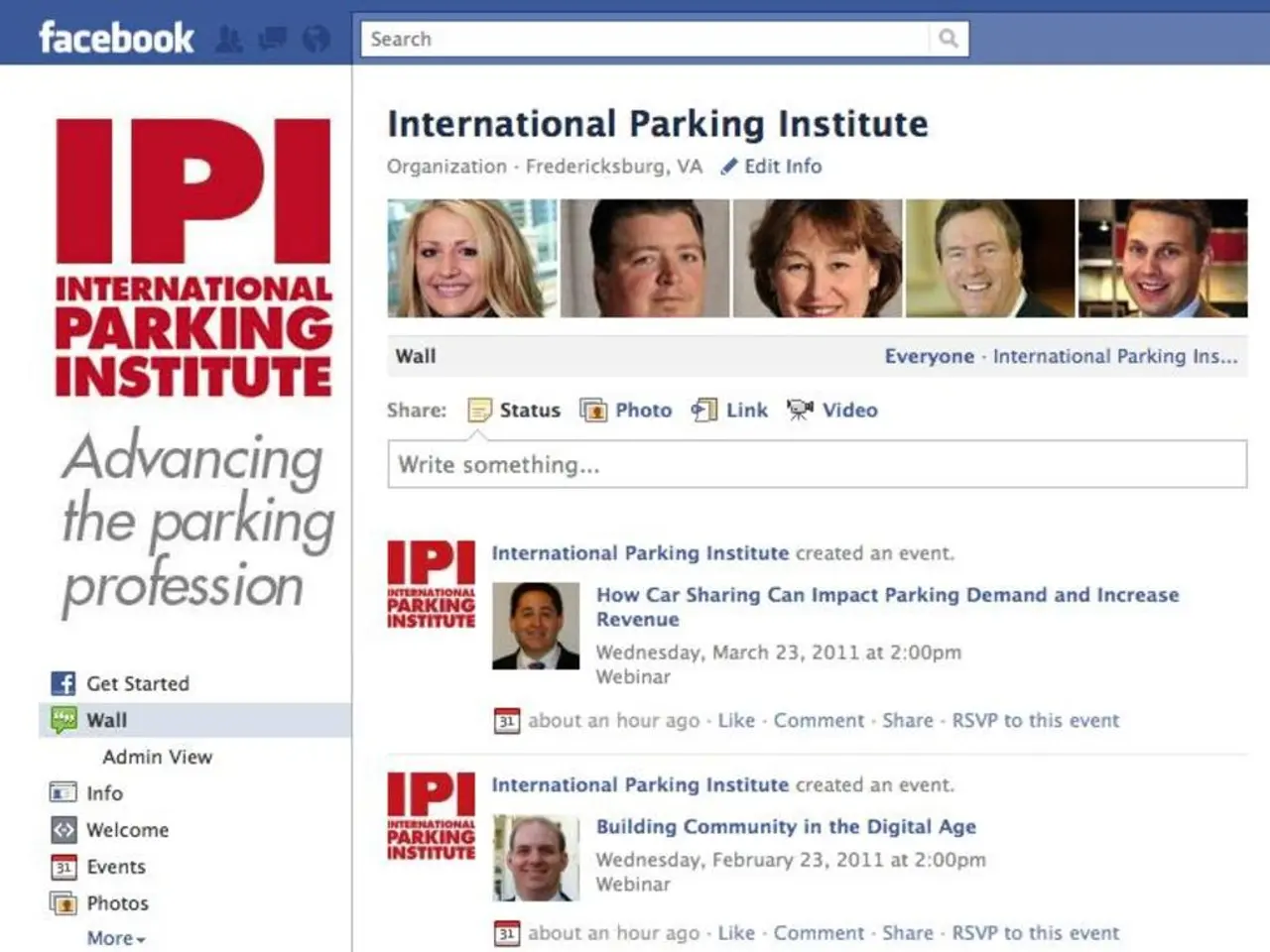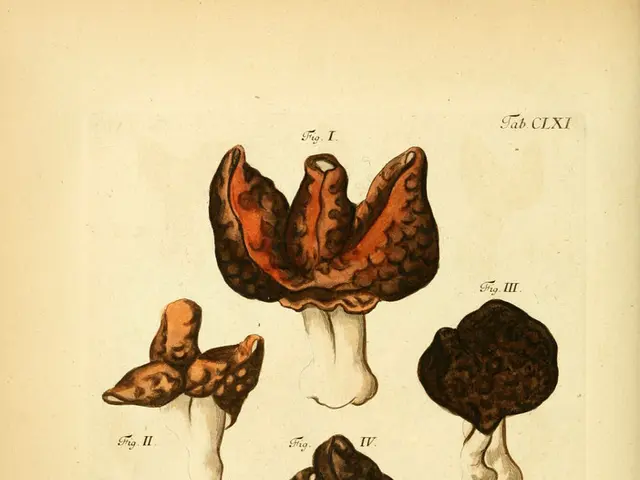Social Media's Double-Edged Sword: Mental Health Impacts and Benefits
Social media, a staple in modern life, has both benefits and drawbacks, particularly on mental health. A concerning trend, 'Snapchat dysmorphia', stems from constant comparisons to idealized images. Late-night use can disrupt sleep, and excessive usage can lead to anxiety, depression, and less time for beneficial activities.
A staggering 68% of Americans use social media, with many checking accounts before bed. This habit can push bedtimes later, reduce sleep quality, and increase anxiety and depression due to self-comparison. It also takes time away from hobbies, loved ones, and exercise.
However, social media isn't all negative. It can provide mental health resources, raise awareness of causes, foster connections, and offer learning opportunities. To manage political content, consider limiting exposure, engaging mindfully, and seeking balanced perspectives.
To improve your relationship with social media, explore your behavior, skip it in the morning and at night, curate content, set boundaries, and be kind to yourself. Remember, the more platforms used, the higher the risk of anxiety and depression. While it has benefits, mindful usage is key to maintaining good mental health.
Read also:
- Young individual at Yellowstone National Park sustains severe burn injuries following a sudden collapse into a boiling hot thermal basin
- Rising hospitalizations due to severe food allergies, according to research findings.
- Important Immunizations for Newborns in Nigeria
- Following a heart attack, a person may be prescribed various medications to manage risks, improve heart function, and prevent further cardiac events. These could include:








